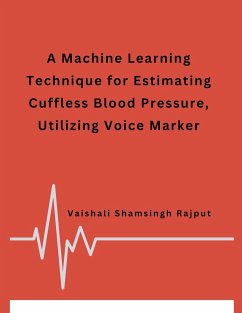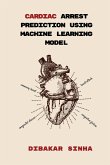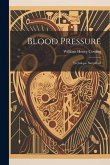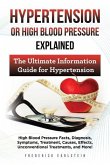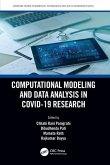Blood Pressure (BP) estimation serves as a pivotal diagnostic tool for various diseases and stands as a vital health indicator. High BP, often known as hypertension, is the second leading cause of cardiovascular-related deaths, following diabetes, and is often referred to as a silent killer due to its asymptomatic nature. The global and Indian scenarios of hypertension present a concerning health challenge. Globally, the prevalence of hypertension has been steadily rising. Shockingly, the magnitude of this increase has surged from 594 million in 1975 to a staggering 1.9 billion in 2022. Low- and middle-income countries bear the brunt of this burden. In India, the story is no less alarming. Here, urbanization, unhealthy lifestyles, and stress are driving an uptick in hypertension cases. Approximately 207 million individuals, comprising 112 million men and 95 million women, are grappling with hypertension. As per the National Family Health Survey, one in four adults suffer from hypertension, which has a huge negative impact on people's lives, their families, and the healthcare system. This situation highlights the urgent need for innovative approaches to improve hypertension management. Emotion recognition from audio signals provides valuable insights into individuals' emotional states and enhances human-machine interactions. Leveraging techniques in emotion recognition can offer deeper insights into individuals' emotional states, potentially impacting their Blood Pressure regulation. The integration of these advancements in biomedical signal processing, particularly in machine learning, holds promise for more accurate and non-invasive methods of Blood Pressure monitoring. This convergence of technologies and healthcare priorities can lead to enhanced monitoring, diagnosis, and management of hyper-tension, ultimately improving health outcomes for affected individuals.

